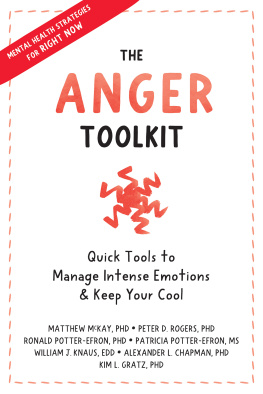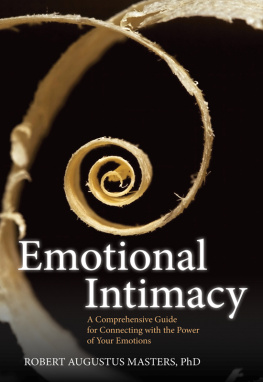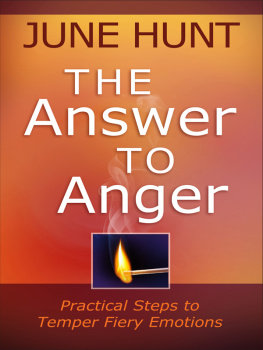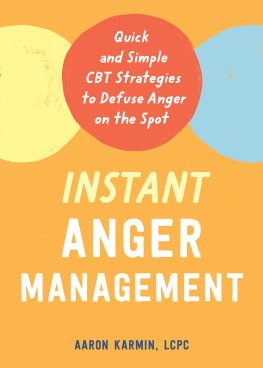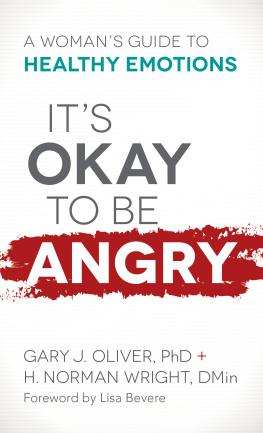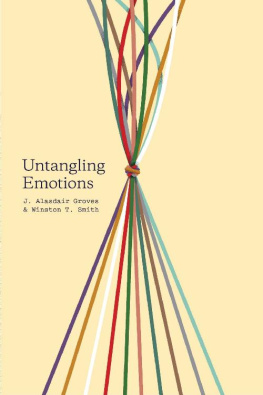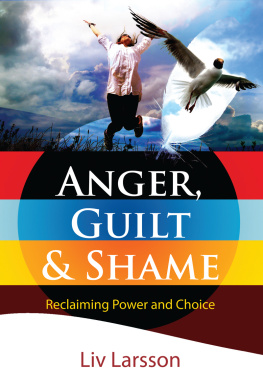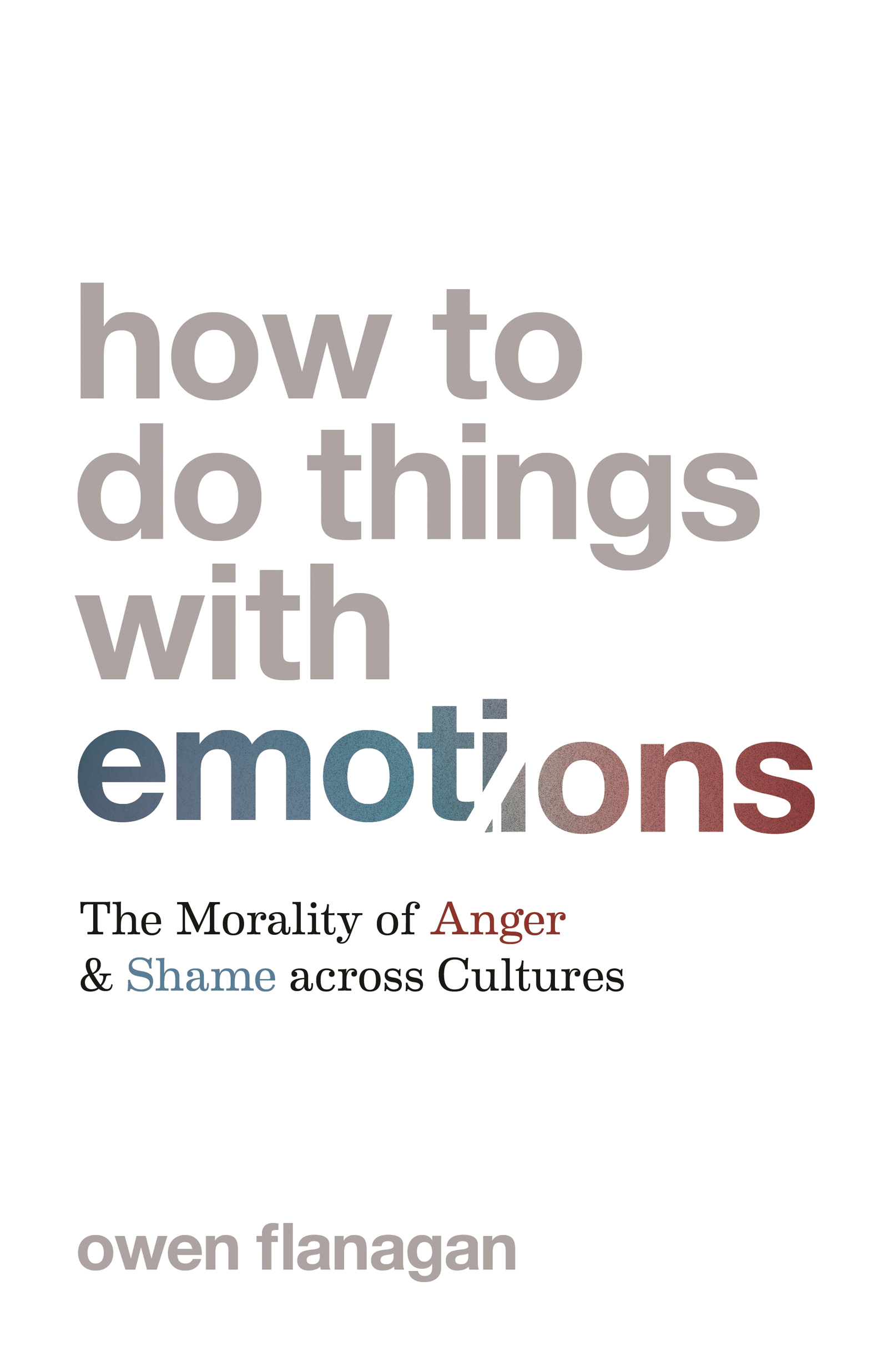HOW TO DO THINGS WITH EMOTIONS
How to Do Things with Emotions
THE MORALITY OF ANGER AND SHAME ACROSS CULTURES

Owen Flanagan
PRINCETON UNIVERSITY PRESS
PRINCETON & OXFORD
Copyright 2021 by Princeton University Press
Princeton University Press is committed to the protection of copyright and the intellectual property our authors entrust to us. Copyright promotes the progress and integrity of knowledge. Thank you for supporting free speech and the global exchange of ideas by purchasing an authorized edition of this book. If you wish to reproduce or distribute any part of it in any form, please obtain permission.
Requests for permission to reproduce material from this work should be sent to
Published by Princeton University Press
41 William Street, Princeton, New Jersey 08540
6 Oxford Street, Woodstock, Oxfordshire OX20 1TR
press.princeton.edu
All Rights Reserved
Library of Congress Cataloging-in-Publication Data
Names: Flanagan, Owen, 1949 author.
Title: How to do things with emotions : the morality of anger and shame across cultures / Owen Flanagan, Princeton University Press.
Description: Princeton : Princeton University Press, [2021] | Includes bibliographical references and index.
Identifiers: LCCN 2021006876 (print) | LCCN 2021006877 (ebook) | ISBN 9780691220970 (acid-free paper) | ISBN 9780691220987 (ebook)
Subjects: LCSH: Anger. | Shame. | Emotions. | Conduct of life.
Classification: LCC BJ1535.A6 F53 2021 (print) | LCC BJ1535.A6 (ebook) | DDC 152.4/7dc23
LC record available at https://lccn.loc.gov/2021006876
LC ebook record available at https://lccn.loc.gov/2021006877
Version 1.0
British Library Cataloging-in-Publication Data is available
Editorial: Rob Tempio and Matt Rohal
Production Editorial: Kathleen Cioffi
Jacket Design: Lauren Smith
Production: Erin Suydam
Publicity: Alyssa Sanford and Amy Stewart
Copyeditor: Cathryn Slovensky
To Lynn Ainsworth
CONTENTS
- ix
- 1
PREFACE
Varieties of Emotional Possibility
I HAVE LIVED through two timesfifty years apartwhen things seemed to be falling apart socially and politically. The present most resembles the period beginning in 1967, when the psychedelic Summer of Love, among what Joan Didion called the missing children, graced the grimy streets of Haight-Ashbury in San Francisco. It was also the year of bloody racial upheavals in more than 150 American cities, including Oakland, just across the Bay from the Haight, in what was, in those fiery places, a summer of extreme pain and exhausted demands for racial justice. This period lasted until 1975, by which time Richard Nixon had resigned the presidency in disgrace, and America had withdrawn its last troops from Vietnam. We Shall Overcome was the anthem we sung during those years, for both civil rights and for ending the war in Vietnam.
It is convenient to peg the starting date of our current turmoilfor which there is not yet a songto the presidential election of November 2016, or to the beginning of Donald J. Trumps administration in January 2017. This has the advantage of perfectly preserving the fifty-year interval between the two times of crisis. A dramatic unraveling came in quick order: immigration restrictions on Muslims, a deadly rally of white supremacists in Charlottesville, Virginia, government-endorsed separations of young children from parents at the Mexican border (there are still 600 children who have not been reunited with their parents), and a series of deaths of black Americans at the hands of police, culminating in the protracted suffocation/strangulation of George Floyd in Minneapolis, Minnesota, on May 25, 2020. After Floyds murder, the #BlackLivesMatter movement (born after Trayvon Martin was fatally shot in February 2012) became national, multiracial, and multigenerational. At the same time, the Covid-19 pandemicwhich has killed more than 3,500,000 people worldwide and more than 590,000 Americanswas sweeping the land, disproportionately harming the working classes and racial and ethnic minorities, amid presidential lies and utterly unnecessary, childish wars over face masks and freedom.
These events created enough stress for any social system to withstand, but Trump, the master of mayhem in chief, could not resist adding fuel to the fires he had already lit by claiming that the election of Joe Biden was a fraud, which incited a violent invasion of the US Capitol Building to stop certification of Bidens victory on January 6, 2020, yet another day that will live in infamy. As a result, America experienced the first nonpeaceful transition of presidential power in its history, due to a mendacious egomaniac who refused to concede to what every election official in the entire country agreed was a free and fair election. The news offered a vivid reminder of one of the major diseases that ails us, when the day after the Capitol riots, we saw the broken glass, furniture shards, and garbage left by the white insurrectionists cleaned up by the black housekeeping staff that does that sort of work. Perhaps ours is the time when the racial reckoning that America needs for justices sake has finally arrived. It is too soon to mark the end date of our current troubled times, the date when things calm down, get back to normal, as we say, and when the racial reckoning finally occurs. We are still in the thick of the crisisor, more pertinent, various crises.
The sources of our woes are many, and many different things are coming apart at once. Some sourcessystemic racism, economic inequality, long wars, inadequate social safety nets, and the indifference of the well-offpersist across these five decades. Other sources are entirely new. The internet did not exist in 1967 and, for all the good it has done, it is also a source of our problems. The internet has allowed an epistemic free-for-all in which truth is not aligned with facts but with what various influencers or interest groups say are the facts. There are very dark places on the web that convince unsuspecting souls that they are seeing the light, when, in fact, they are rummaging around at the bottom of Platos cave.
My focus in this book is on two emotional habits that are mixed up in our troubles. We are, as a people, angrier than everat least angrier than I have ever seen. We model for one another and our children a passionate intensity that is overly confident, narcissistically demanding, demeaning of those with whom we disagree, noisy, unwilling to listen, and often embedded in cruelty. How we collectively do anger needs work.
Simultaneously, there is also a loss of a shared sense of shame. People ought to be ashamed if they disregard whats true, good, and beautiful. But they arent. Shamelessness is common, and it reflects a situation in which many values are weakly held, and in which norms suited for a common life that aims at the common good yield to precepts for winning friends and influencing people, gaming, and getting ahead.
In a world in which it is every ego for itself, it is better to seem honest than to be honest, and acquisitiveness of the greed is good sortonce a deadly sinhas various honorific disguises. Hoarding wealth is the reward for genius, innovation, and entrepreneurship, the everyday lingo of top universities. Graduates of these universities create brilliant and allegedly benign financial instruments that profit off magic tricks, wheeling and dealing, and absolutely no commitment to a common good, except, perhaps, after the fact, when the genius takes his seat among the philanthropist class. This, it seems to me, is shameful. We need to rebuild a mature sense of shame that reflects a deep moral commitment to what is good, true, and beautiful, and we need to restore the idea that there are things that good people just ought not to do. In other words, we can do shame better.


